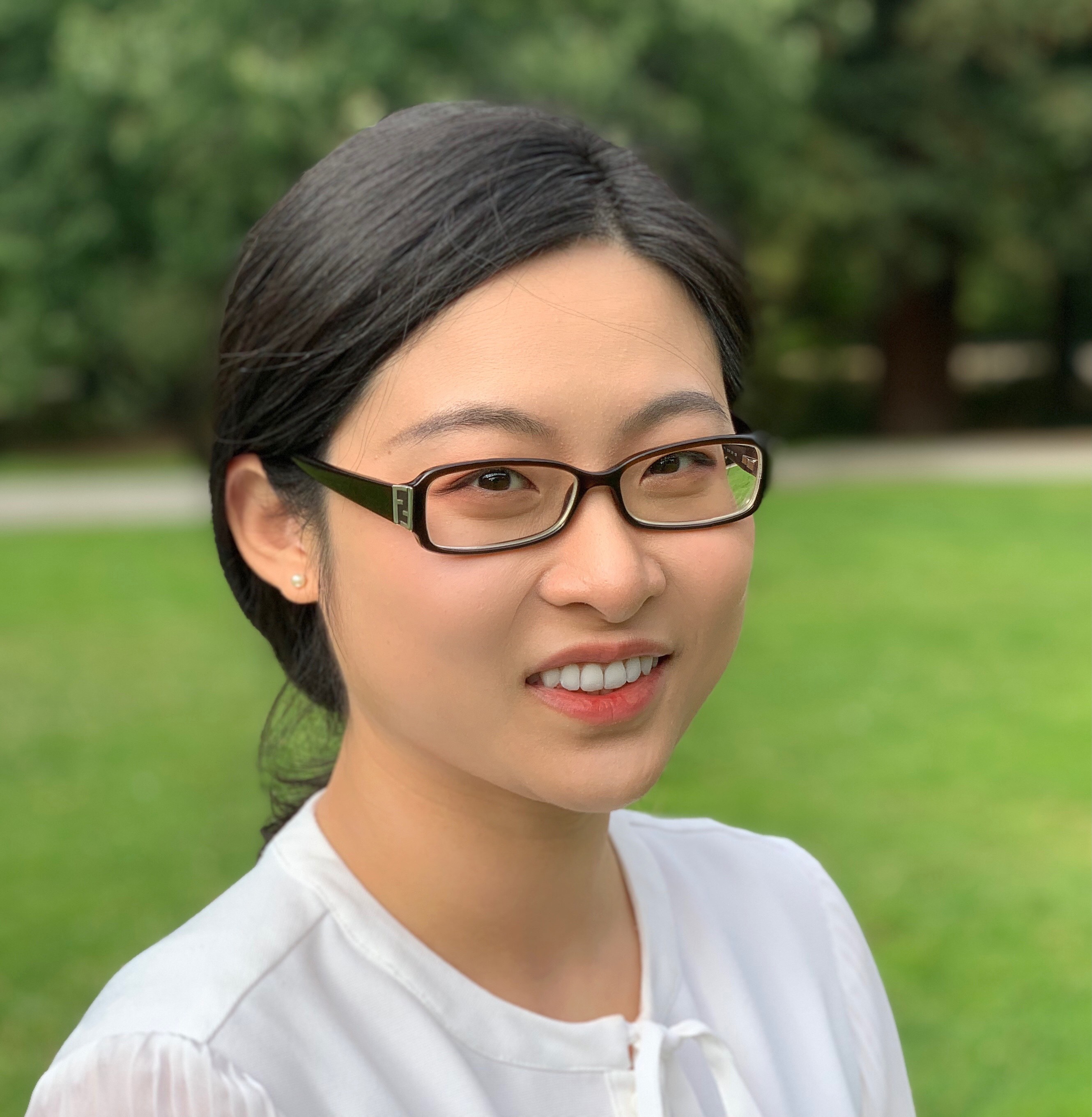Dr. Wodan Ling is an assistant professor of population health sciences in the Division of Biostatistics. She received her PhD in biostatistics from Columbia University. Before joining Weill Cornell Medicine, Dr. Ling was a postdoctoral research fellow at Fred Hutchinson Cancer Center.

Tell us about your research.
My methodological research is motivated by statistical issues that arise in complex and structured biomedical data, particularly for omics data, including genetics/genomics, microbiome, metagenomics, metabolomics, etc. I focus on developing robust and powerful quantile regression and statistical learning (including deep learning) methods to harness the inherent characteristics of the data in modeling, estimation, association testing, and prediction. Some specific directions include:
1) developing quantile-based batch effect removal methods for omics data to reduce spurious findings and facilitate the detection of true signals,
2) understanding the relationships between omics and clinical conditions or other omics compositions by quantile-based tests, and
3) developing data structure-driven deep learning methods for disease status/trajectory prediction.
Collaborative work is also an essential part of my research. My broad scientific interests have motivated the initiation and cultivation of many partnerships with biological, clinical, and public health researchers in areas pertaining to cancer, epidemiology, mobile health, women’s health, and health disparities in which I apply state-of-the-art statistical methods to obtain profound biological and social findings or even develop new methodology.
What expertise do you bring to this role?
As an applied biostatistician, I enjoy co-investigating with biomedical researchers and regard facilitating data processing and interpretation to answer real-world and high-impact scientific questions as my ultimate research goal. I am familiar with and continuing to learn about various emerging omics data structures and corresponding statistical analysis pipelines. Meanwhile, with my statistical and computational background, I improve the existing data analyses by developing robust and powerful quantitative approaches, which enable new and better-quality scientific discoveries.
What brings you to Weill Cornell Medicine?
I am excited to be part of the thriving population health sciences program with visionary leadership and passionate, intelligent colleagues. In addition to experts in biostatistics, the interdisciplinary environment facilitates diverse collaborations and leads to innovative ideas. Also, there are many successful biological, clinical, and public health researchers in WCM and nearby institutes, including NewYork-Presbyterian, Rockefeller, and MSKCC. Establishing collaboration with them allows me to keep up with cutting-edge technologies and high-impact scientific questions, which motivate me to develop novel statistical and computational tools that, in turn, advance biomedical research.
Are there any trends or issues you are currently following in your field?
Unprecedented technological improvements have produced new types of omics data, such as spatial-transcriptomics and immunology omics (T-cell receptor sequencing, etc.), which revolutionize existing fields of biomedical research and make possible new areas of investigation. These advances promise the comprehensive achievement of decades-old biomedical objectives. However, the latest data pose a grand challenge to statistical analyses due to their increasingly complex structure. Therefore, I keep up with the data generated by these emerging technologies and improve my statistical/computational tools to better harness the data characteristics, thus leading to reliable scientific discoveries. In addition, I am interested in integrating multi-omics or even multi-modal data (e.g., clinical trials, images, etc.) to achieve more accurate and profound results. In terms of application areas, cancer immunotherapy and health disparity are the two fields I would like to work on during the next phase of my career.
- Highlights

